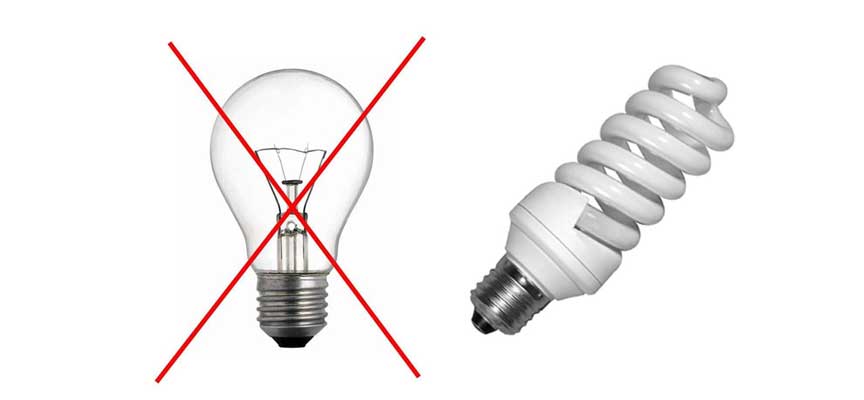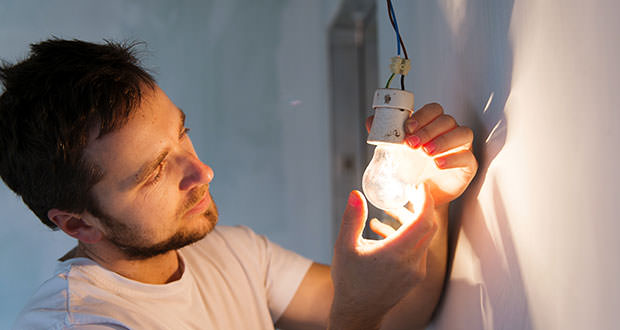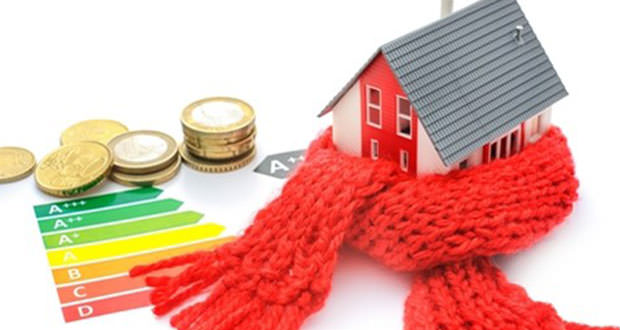How to save on natural gas heating
A boiler not in perfect efficiency inevitably leads to an increase in gas consumption and not only, as the bill also increases! Why not take advantage of the period of least congestion by the maintenance firms to check your boiler?
Obviously, this alone is not enough to reduce heating costs. Here are some tips.
How to save on natural gas heating
Purge the air from the radiators: the air present in the pipes of the system that is deposited in the radiators prevents full heating and involves unnecessary work for the boiler. If there is no breather valve, simply install it through the plumber you trust. Here are other general rules for saving on natural gas heating.
- Avoid air exchange and avoid keeping the window ajar when the boiler is on.
- Fixtures. Another element that heavily affects the heat dispersion is the fixtures which are often old or not equipped with the latest technologies. The frames that guarantee better performance are those in PVC or those in wood. But not only that, it is essential to install double glazing on the windows to prevent heat loss between the external cold and the internal heat.
- Adjust the internal temperature to about 19 degrees. In the case of particularly cold environments, it is sufficient to adjust the internal night temperature to only 16°.
- Make sure the radiators are not covered by furniture or curtains.
- Place insulating sheets behind the radiators, it serves to reflect the heat of the radiators that would otherwise heat the wall and dispersed outside.
- At night, turn off the boiler or adjust the timer to turn it back on a couple of hours before getting up.
- Keep the door of unused rooms closed.
- Installing flow reducers on all taps and showers in the home will reduce total water consumption by 10-15% and hot water by 20-30%.
Solar thermal
A decisive alternative to save on heating is solar thermal. Thanks to tax incentives, it pays for itself in a few years. The cost of a plant for a family can be from $2000 to $4000. In view of the substantial tax incentive, the investment pays for itself in a few years, but in the meantime, it begins to benefit from the environment.






